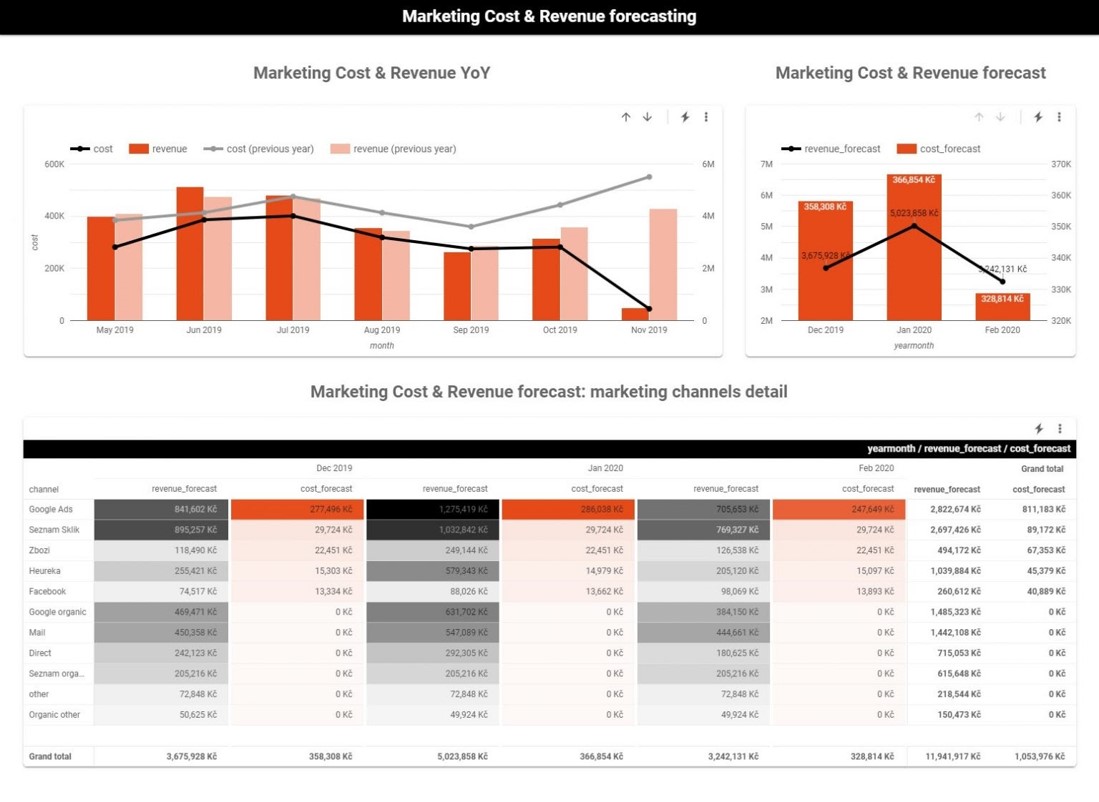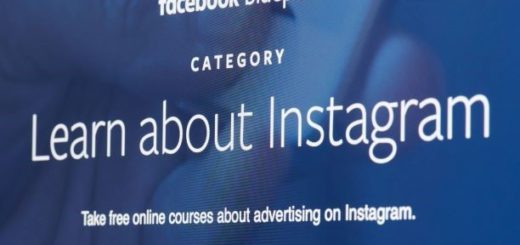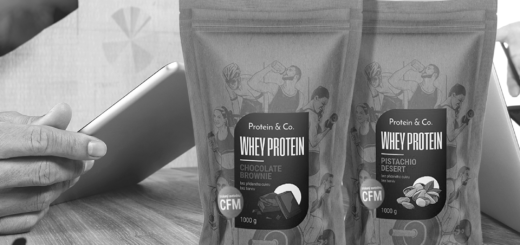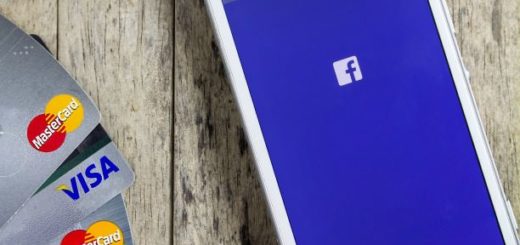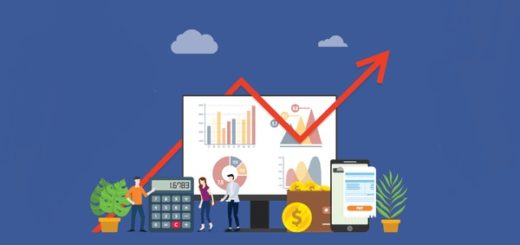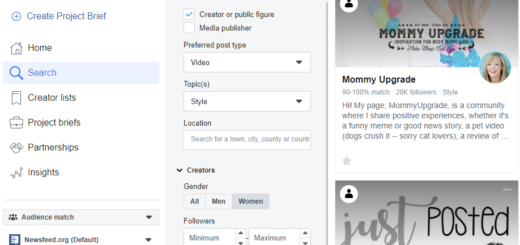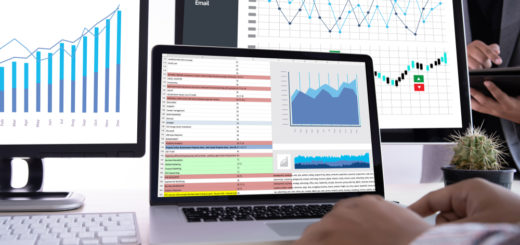
Bonus: Tips on how to use the Facebook grant to cover implementation costs at the end of the article.
Marketers typically adjust their online campaigns based on the results that have been achieved with the campaigns’ so far. What if the marketers adjusted the campaigns based on the future results of the running campaigns instead? If it sounds like black magic to you, read on and learn about the the predictive analytics and the benefits of such an approach to your campaigns.
The story of Peter, who optimises his campaigns the old way
Peter is the marketing director of an online retailer selling winter clothes. For this month, Peter’s budget for marketing campaigns is 30.000 USD and his objective is to generate revenues of 200.000 USD.
Being highly experienced in campaign management, Peter splits the budget amongst various campaigns and channels based on his best educated guesses. As expected, the first results come in a few days after launching the campaigns, and so the team adjust the campaigns based on the campaigns’ previous performance. And then they wait for another couple of days.
After a week, Peter finds out that not all of the channels contribute to reaching desired business goals. Thinking that it is caused by only a few days of campaign running as they are still one week in the month, nobody pays attention to this. Just to make sure, however, Peter tells his team to increase investments in website traffic generation, hoping that it will increase sales.
The time of the next meeting comes, and Peter starts being concerned. The website traffic has increased but it led to no increase in sales. The generated revenue was only 70.000 USD, ¾ of the budget are already gone, and there are only two more weeks left until the end the month. So the whole team agrees to create a new strategy and refocus on that one in the execution.
Now, Peter is awaiting some good news very soon, but they are not coming!
When it comes to the end of the month, the results are to be presented to the rest of the company. Yet, Peter knows that the 110.000 USD in revenue is less than satisfactory and furthermore, almost all of the budget has now been used, there is only 5.000 USD left. It would take a miracle to deliver the planned results as delivering 200.000 USD is now simply impossible.
The story of Peter, who uses insights from future for his decision-making
If only Peter could go back in time and make the decisions again, now with knowing the end result. Well, let’s try it now. The company stays the same. The marketing team is the same. Also it is the same Peter. However, now they all have access to information about their campaign results at the end of the month, and even quarter.
Of course, Peter now splits the budget amongst various campaigns and channels based on their potential to increase revenues at the lowest possible cost per customer. The team now launches and observes the campaign the same way as before and a few days in, the results come in as usual and they can still see that not all campaigns and channels do as great as they could.
This time, however, Peter knows exactly what is happening. He knows exactly what is works and what doesn’t, and more importantly, he knows how individual campaigns and channels contribute to reaching the set business goals.
So Peter agrees with the team to invest more in the most effective channels and take the money away from the low performing ones. This time, the change is not yet another attempt but rather a data-driven decision. Moreover, the data have been calculated by machine learning algorithms and represent the future results.
Technology allows for what used to be dreams to come true
“We can see that predictive models can reach high precision rates.For example in terms of customer lifetime value evolution, our systems generate forecasts with a mere ± 5 % margin error,” says Milan Merglevsky, one of the founders of Marketing Intelligence.io
The technology of Marketing Intelligence is built on mathematical and scientific basis and utilises machine learning technology. However, the ease of implementation may indeed seem like a fairytale or magic.
Predictive analytics during Covid-19
Neither the best mathematical model or technology can predict such a global crisis that the outbreak of Covid-19 is (at least yet). However, such a technology can adapt to the new situation quicker than any human can, and so the technology would identify the changed situation in a matter of few days and would consider the new market conditions in its future predictions.
This is one of the reasons why Facebook created an initiative reacting to the covid-19 outbreak, which aims to support a limited number of selected companies in their transformation to data-driven marketing. With this initiative, Facebook makes it easier for companies to become competitive in the data-driven era by covering a significant part of the implementation costs, and thus accelerates the transformation of the whole market. The eligibility requirements and an easy way of applying for the grant can be found on this page.

